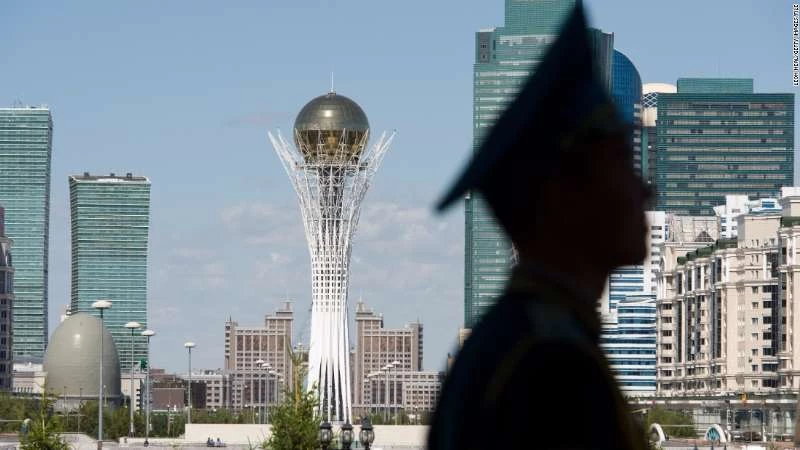This has led Syrian opposition groups to use any means of defending themselves against the tyrant regime of Bashar Assad and its backers in order to liberate Syria. Many Syrian factions in addition to the Free Syrian Army (FSA) have engaged in armed conflict and asymmetric warfare but, about a month ago, we saw a huge withdrawal of the Syrian factions from the battleground of Aleppo.
At the beginning most of us thought it was a dangerous moment, certainly for the Syrian opposition. Losing Aleppo meant losing an important stronghold for the Syrian factions; later, however, we learned of a cease-fire agreement including Russia,Turkey and Iran. This was designed to lead to talks in Astana, the capital of Kazakhstan. The talks are being shepherded and guided by Russia, which stood with the Assad regime, and Iran which backed the Shiite militias.
Turkey promised to put pressure on Russia and Iran with a view to assuring the Syrian factions to get them to implement the cease-fire. Here is the question: Will this cease-fire last? Is Russia serious this time? What is the plan? We are familiar with the Geneva Agreement and UN Resolution 2254 which provided for a political process with a transitional government that excluded Assad. Will the talks in Astana depend on this resolution? And, will the Iranians and Assad accept it?
What about the Syrian opposition? Are they going to accept anything less after their huge sacrifices? Many questions will be asked. Observing the Syrian scene suggests that the agreement will be in vain, especially when we remember the daily cease-fire violations by the regime and the Iranian militias. On top of that, Hezbollah prevented Russian officers from entering Wadi Barada to assess the work needed and to continue negotiations.
Is this militia and Iran stronger than the Russians? What we know is that the Russians can put more pressure on their opponents. Russia’s intervention has changed the situation and with their base in Hemeimeem they can protect and promote their interests in Syria. But what about their interests in the region with Turkey and with the Arabs?
The Gulf Cooperation Council (GCC) states will not accept an Iranian presence in Syria or in any Arab countries. If the Russians want more influence and stability in the region, they should put an end to the Iranian invasion, ask Assad to step down and let the Syrians choose their president.
In the last few years, all the concessions made by the Syrian people have resulted in thousands of deaths and many being forced to leave the country in scenes of the most tragic suffering. It is time for the regime and its allies to make concessions provided Russia wants to stop the bloodshed in Syria, normalize its relations with the Syrian people and also with the other countries in the region.
Hamdan Al-Shehri (Arab News)



التعليقات (0)